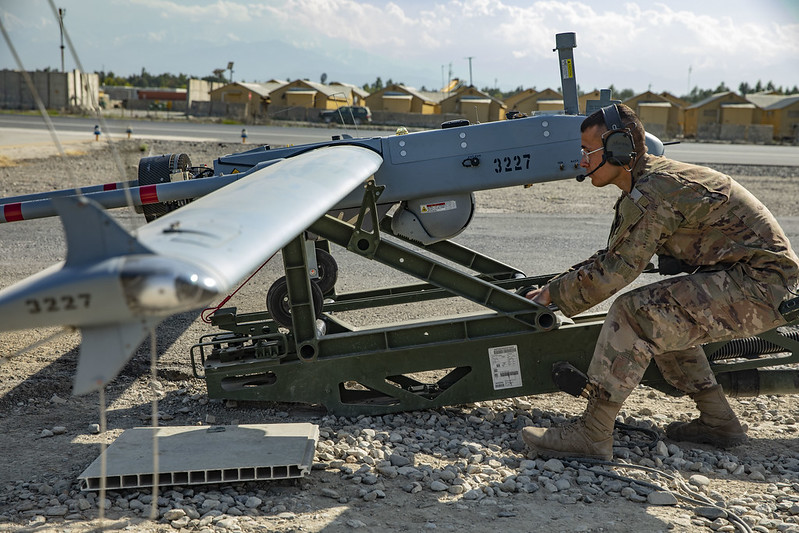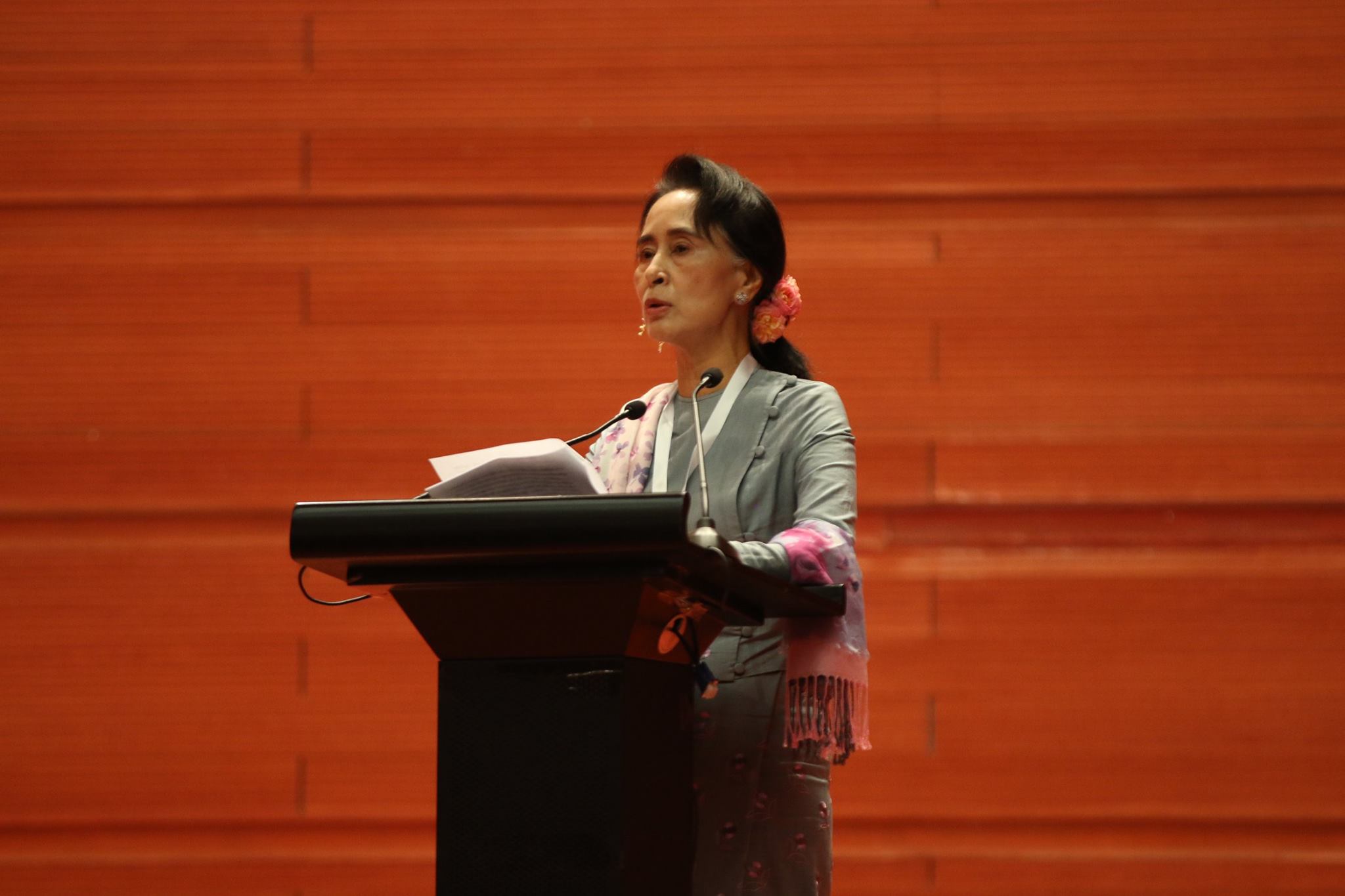 The victory of Aung San Suu Kyi’s National League for Democracy (NLD) at Myanmar’s elections has been heralded as evidence of support for the country’s “nascent democracy” in defiance of the half-century military dictatorship. However, Suu Kyi’s tainted status as an apologist for the military dictatorship and on-going denial of genocidal violence highlights the illusory choice present in Myanmar.
The victory of Aung San Suu Kyi’s National League for Democracy (NLD) at Myanmar’s elections has been heralded as evidence of support for the country’s “nascent democracy” in defiance of the half-century military dictatorship. However, Suu Kyi’s tainted status as an apologist for the military dictatorship and on-going denial of genocidal violence highlights the illusory choice present in Myanmar.
The international community’s continued fawning over the former Nobel Peace Prize winner illustrates a collective and self-serving amnesia over the Rohingya genocide. Though Suu Kyi’s backing of the genocide has become more publicly exposed, international complicity and inaction in the face of atrocities the Rohingya face remains a stark reminder of their fundamental unwillingness to confront the ethnic nature of Myanmar’s Buddhist military dictatorship.
'Fundamentally flawed'
In the lead up to this recent election, Human Rights Watch (HRW) reported that the polls were “fundamentally flawed”. Their report noted the disenfranchisement of Rohingya and other ethnic minorities; the arrests of student dissidents; a crackdown on free speech; and commented on the deeply flawed constitution. The New York Times reports more than 2.5 million minority ethnic peoples, including the Rohingya, were disenfranchised during this election. Myanmar’s authorities have utilised Section 10 of the Election Law, which demands that all candidates be born to two Myanmar citizens, to deny the Rohingya the right to vote or run for office. It is worth bearing in mind that discriminatory legislation has been brought in against the Rohingya since the late 1970s.
HRW further notes that Myanmar’s authorities have arrested student protesters demanding “an end to the fighting in Rakhine State and immediate lifting of all internet restrictions”. They are being charged under Section 505 (b) of Myanmar’s Penal Code, which prohibits speech which “may cause “fear or alarm in the public” and lead others to “upset public tranquillity”.
Hannah Beech, Southeast Asia bureau chief for The Times, commented on the hypocrisy of Suu Kyi noting that having 15 years under house arrest and advocating for democratic rights, “she has instead become a jailer of critics and an apologist for the slaughter of minorities”. “Poets, painters and students have been jailed for peacefully speaking their minds: In Myanmar today, 584 people are either political prisoners or are awaiting trial on those kinds of charges,” she added.
Speaking to Tamil Guardian, Mabrur Ahmed, Director of Restless Beings, noted the undemocratic nature of the elections but also the deeper structural issues in Myanmar. “The constitution is problematic, 25 % of parliamentary seats going to the military," said Ahmed. "Once you have such a heavy percentage go to the military, anyone elected has to go into coalition with the military. They become merely coalition partners.”
When you have a situation in which the international community is able to recognise that a genocide took place, Ahmed notes, the re-election of the incumbent party poses a serious problem. “Citizens are either not aware of what’s taken place or don’t care, what’s happened”.
International complicity
Last December, Suu Kyi travelled to the Hague to defend Myanmar’s military from accusations of genocide against the Rohingya during a brutal operation in the northern Rakhine state in 2017, which forced 700,000 Rohingya to flee from their homes. Her attendance, Ahmed notes, is interesting given that she is the “civilian leader” and these charges were directed at the military. Suu Kyi’s attendance highlighted that Myanmar’s civilian and military leaders are working in lockstep agreement to cover up the atrocities that the armed forces are accused of. She has even actively denied well-documented accounts of sexual violence, decrying them as “fake rapes”.
The International Court of Justice eventually ruled that the state had to put in measures to stop genocidal acts against the Rohingya peoples. Following the initial call on Myanmar to protect the Rohingya, the court said the state had “not presented to the court concrete measures aimed specifically at recognizing and ensuring the right of the Rohingya to exist as a protected group”.
Whilst blame rightfully falls on Myanmar, we should not forget the “systemic failure” by UN agencies to prevent the atrocities brought upon the Rohingya.
“Systemic failure” was the phrase used to describe the UN’s inaction by an independent investigator, and former Guatemalan foreign minister, Gert Rosenthal. He notes in his report that UN agencies failed to find a common strategy towards Myanmar, even as abuses escalated. And whilst some in the international community have taken recent steps forwards to recognising the Rohingya genocide and placing sanctions on individual high-ranking military officials, Ahmed has criticised the move for not going far enough.
He questions the sanctions placed on individuals within the military by countries such as the UK, noting that “punitive action can’t be held to one person but must be held to the institution as a whole […] It’s got to be the entirety of the government”. This response, he notes, should be contrasted to sanctions placed by the US on countries as Iran. “At the moment, it is little more than a tick box exercise to put sanctions on a person," he says.
"It doesn’t mean much," he concluded. "It has got to be deeper and more impactful.”


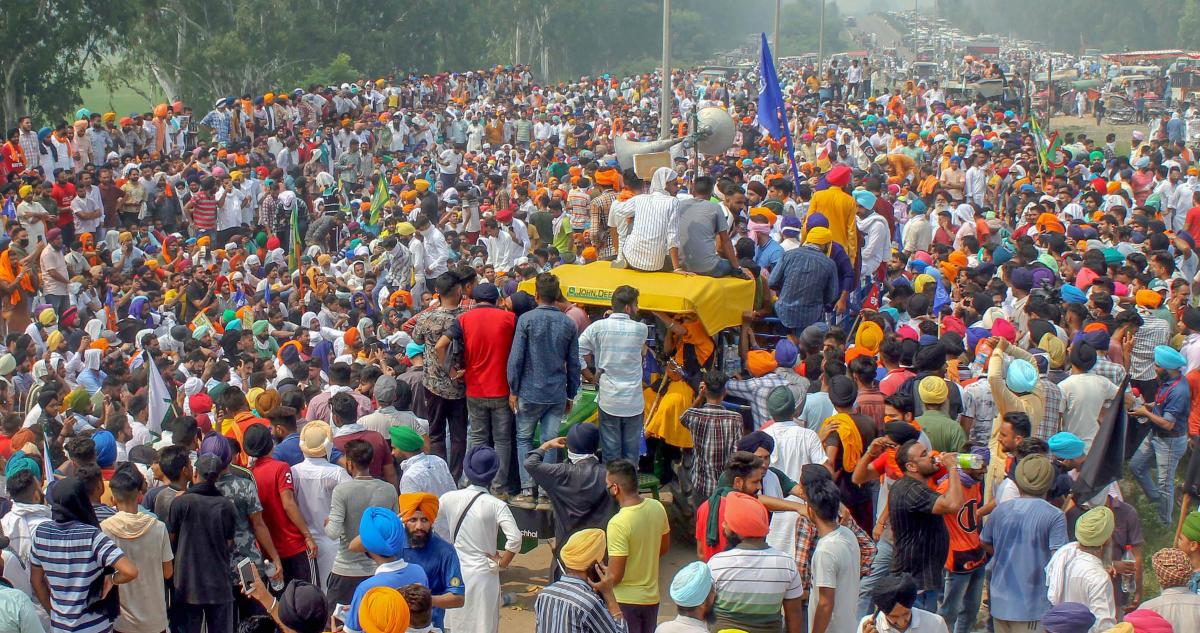 Punjab Haryana border near Ambala
Punjab Haryana border near Ambala

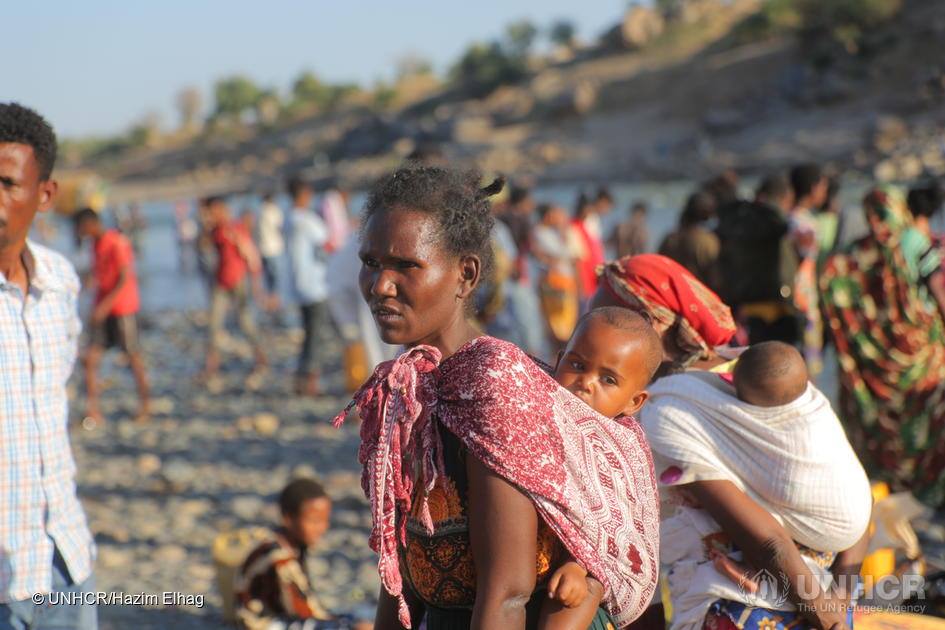


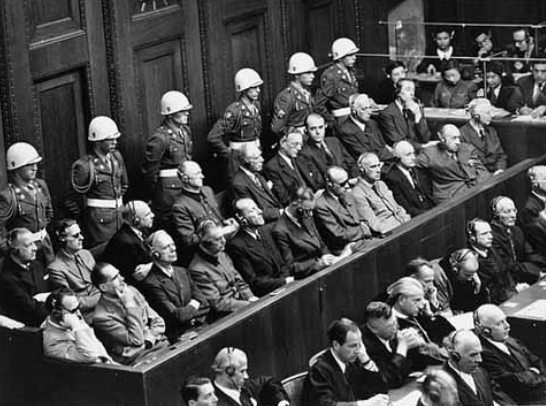



 The victory of Aung San Suu Kyi’s National League for Democracy (NLD) at Myanmar’s elections has been heralded as evidence of support for the country’s
The victory of Aung San Suu Kyi’s National League for Democracy (NLD) at Myanmar’s elections has been heralded as evidence of support for the country’s 

.jpg)

